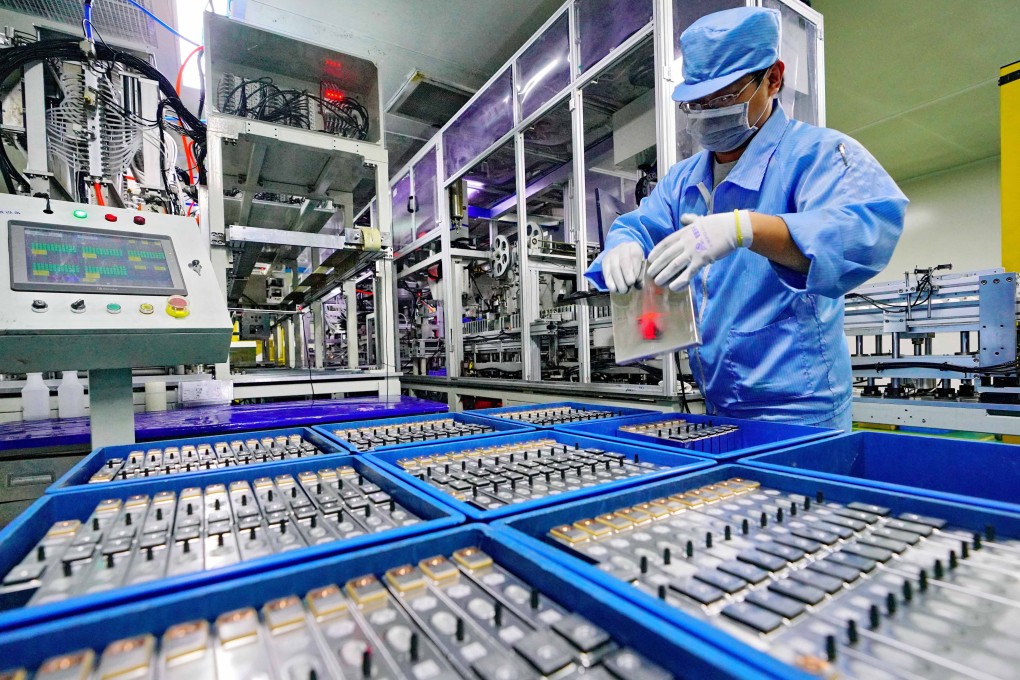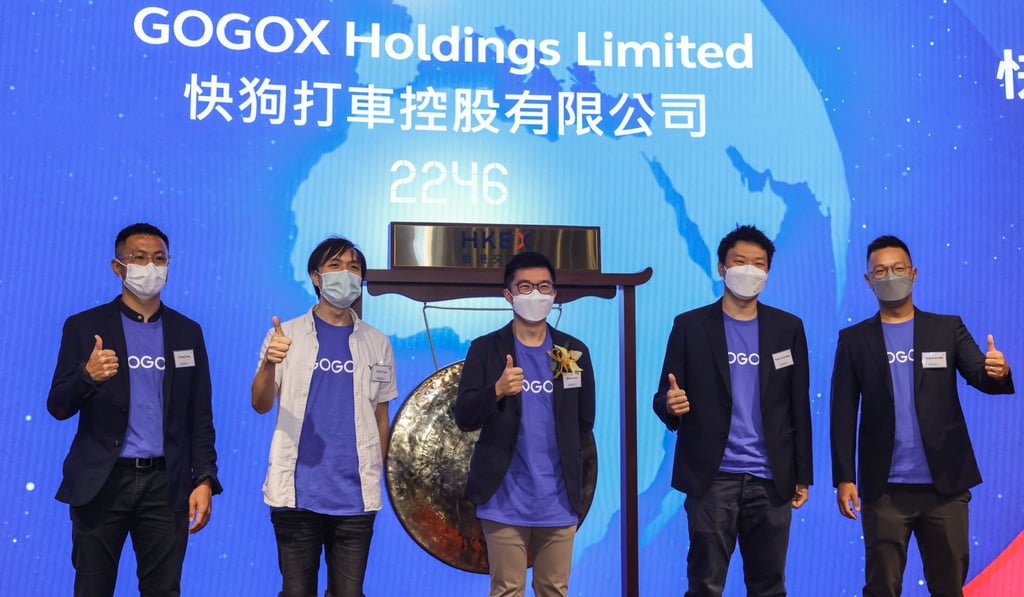Tianqi Lithium kicks off Hong Kong IPO, aiming to raise US$2 billion in deal that could open the valve and unleash 180 companies on the market
- Tianqi plans to sell 164.12 million shares at between HK$69 and HK$82 each, potentially raising up to HK$15.7 billion at the top end of the pricing range
- The retail portion of the IPO ends on July 6, and the stock will begin trading on the main board of the Hong Kong exchange on July 13 under the mnemonic 9696

Tianqi Lithium, one of the world’s biggest lithium producers, will kick off its US$2 billion Hong Kong secondary listing on June 30, in what could be the city’s biggest financial deal so far this year,
Tianqi plans to sell 164.12 million shares at between HK$69 and HK$82 each, potentially raising up to HK$15.7 billion (US$2 billion) at the top end of the pricing range including a 15-per cent overallotment , according to a statement by the Chengdu-based company. The retail portion of the IPO ends on July 6, and the stock will begin trading on the main board of the Hong Kong exchange on July 13 under the mnemonic 9696.
“We expect more sizeable deals [to be] done over the coming months, as sentiment improves, [giving] the city the chance to seize a place among the top five” in the 2022 worldwide rankings of IPO destinations, said Louis Lau, partner at KPMG’s capital markets advisory group, adding that he expects 80 IPOs to be completed this year in Hong Kong, raising a combined HK$200 billion.

Tianqi mines lithium ores and supplies lithium products. It owns the Cuola mine in Yajiang in Sichuan province, and has a 26 per cent stake in the Greenbushes mine in Western Australia, which is the world’s largest single source of spodumene, as the lithium-bearing ores are called.